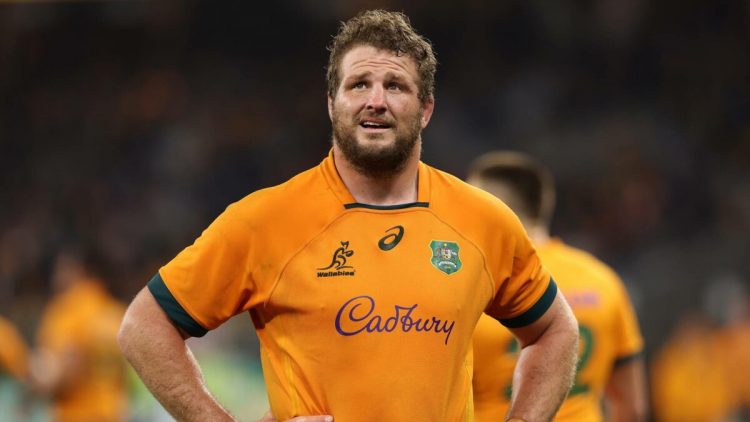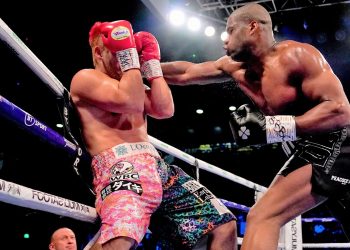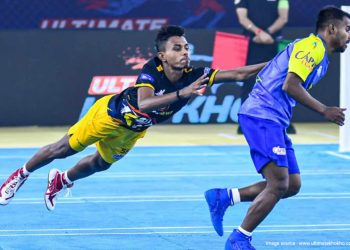A
Set small text size
A
Set the default text size
A
Set large text size
The try by James Slipper yesterday was a thing of beauty. In reality it could have been called the “tight forward’s try” for the work that preceded it, though it was great to see the final bragging rights going to the Wallabies’ captain.
The try came from a lineout maul and was preceded by runs by Nick Frost, Folau Fainga’a and Tanalia Tupou, with Frost and Cadeyrn Neville linking with halfback Nick White and Hunter Paisami to get the ball to Slipper for his cleverly angled run to glory.
The try made good use of the fact that when it comes to large men marking large men, the contest disproportionately favours an attack that is on the front foot, complemented by a little bit of smart angled running or footwork. Big fellas are hard to stop when they get a head of steam up, but changing direction to tackle when on the back foot is often too much to ask for a 120-kilo-plus man against an equally large opponent moving at pace.
The other aspect of the try that was notable was how efficient it was. Slipper crossed the chalk right on the magic fourth phase at which the Wallabies face compounding prospects of a turnover, a problem that they faced all night against the canny Scots.
The Wallabies’ attacking ruck clearly needs work, but it doesn’t change the statistical fact that the best way to avoid an attacking ruck infringement is to build fewer attacking rucks.
Moving forward the Wallabies’ new-found punch in the tight forwards can be a signature of their game that will get them into space behind opponents from anywhere on the park. However, it is imperative that the playmakers keep attacking sequences short and sharp, kicking if there is not a breakout by the third or fourth phase.
All of the halves need to keep working on their attacking kicking game, to give the Wallabies the best shot at getting the ball back as soon as possible for another attack.
Another aspect of the game of which Dave Rennie repeatedly reminds his team is the need for outside backs to work hard off the ball to pose a threat across the park, a message that seems to have sunk in. However, support play seems to be an area of the game that has fallen away to an unacceptable standard.
When I say support play I include both what we usually think of when understanding that term, running in support of a breakout to turn an attacking opportunity into a try, but also winning at the breakdown. This is because in the case of the Wallabies the problems that they have faced at the breakdown are as often caused by key players not being there in time to be effective, as they are by technical errors.
(Photo by Mark Kolbe/Getty Images)
The breakout by Tate McDermott was a prime example of poor support play, especially by a couple of backs who stood and looked at him run through the Scottish line and only seemed to remember to run when they were overtaken by 33-year-old international rookie lock, Cadeyrn Neville.
It would have been funny if it wasn’t so infuriating.
In another facepalm episode, the Scots put up a high box kick and the only loose forward in the vicinity ran the worst line ever to trip over an opposition defender. He then jogged back, arriving at the breakdown too late to prevent a penalty being given away by a back who shouldn’t have had to contest the breakdown alone.
In both instances the players concerned were not switched on and were lazy off the ball.
Some players in this squad give me the impression that when the coaches are working hard on a particular aspect of play like the wonderful attacking game emerging from the tight forwards, they think they can slack off from their professional obligation to deliver the basics.
The most basic of all in rugby is that all players need to run as fast as they can to the right part of the park when required, to be any use at all.
After the loss against the All Blacks in Auckland, Rennie was asked how he was going to improve performances. He laughed, and simply said: “Selections.”
I hope that he sticks to his guns and doesn’t allow any desire for the Wallabies to enjoy their win over the sixth-ranked team in the world to prevent him from culling the passengers who will hold them back from beating the far tougher opposition to come.
Source by www.theroar.com.au










